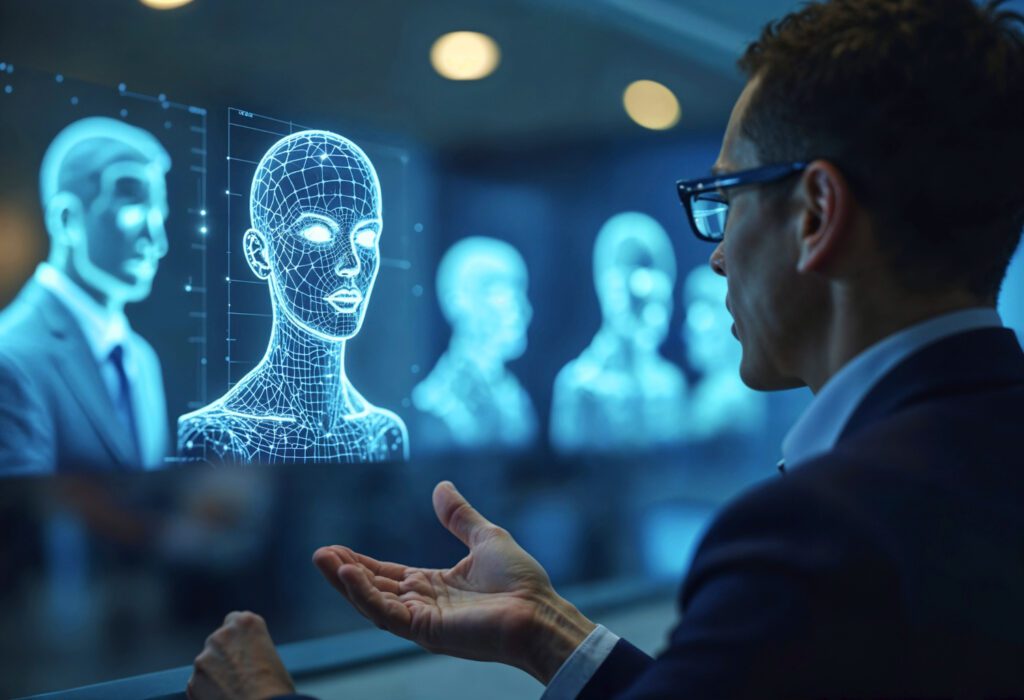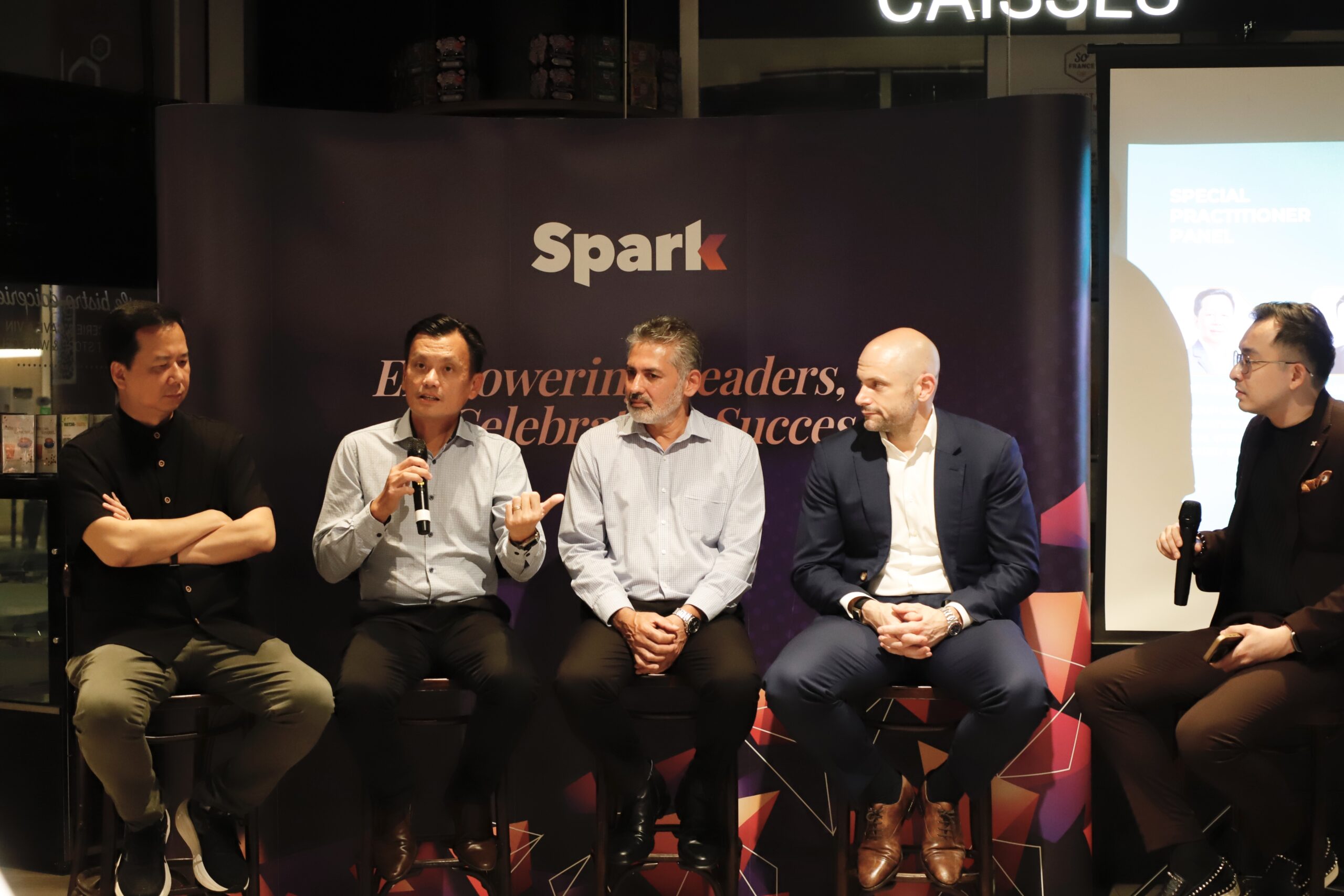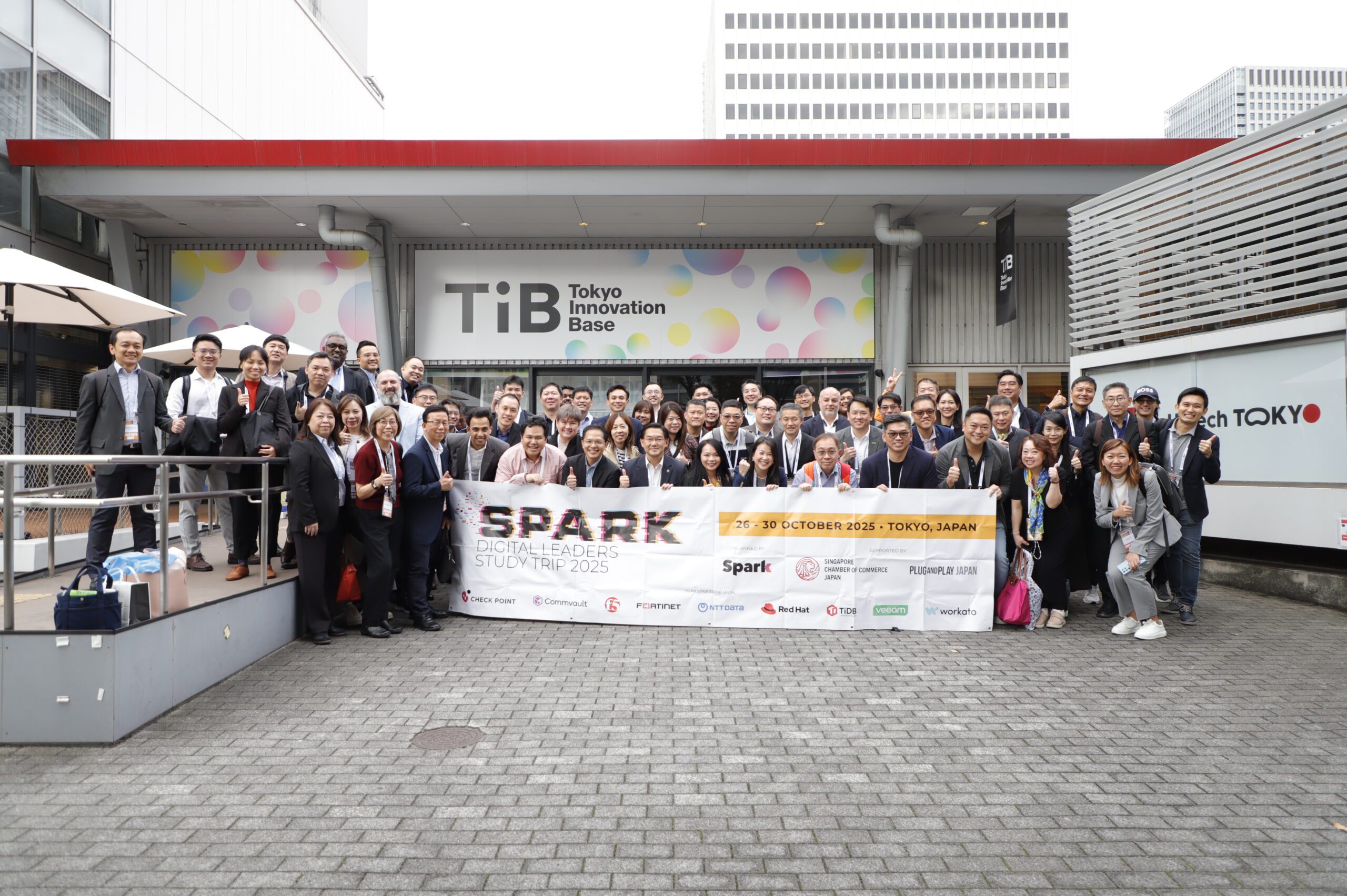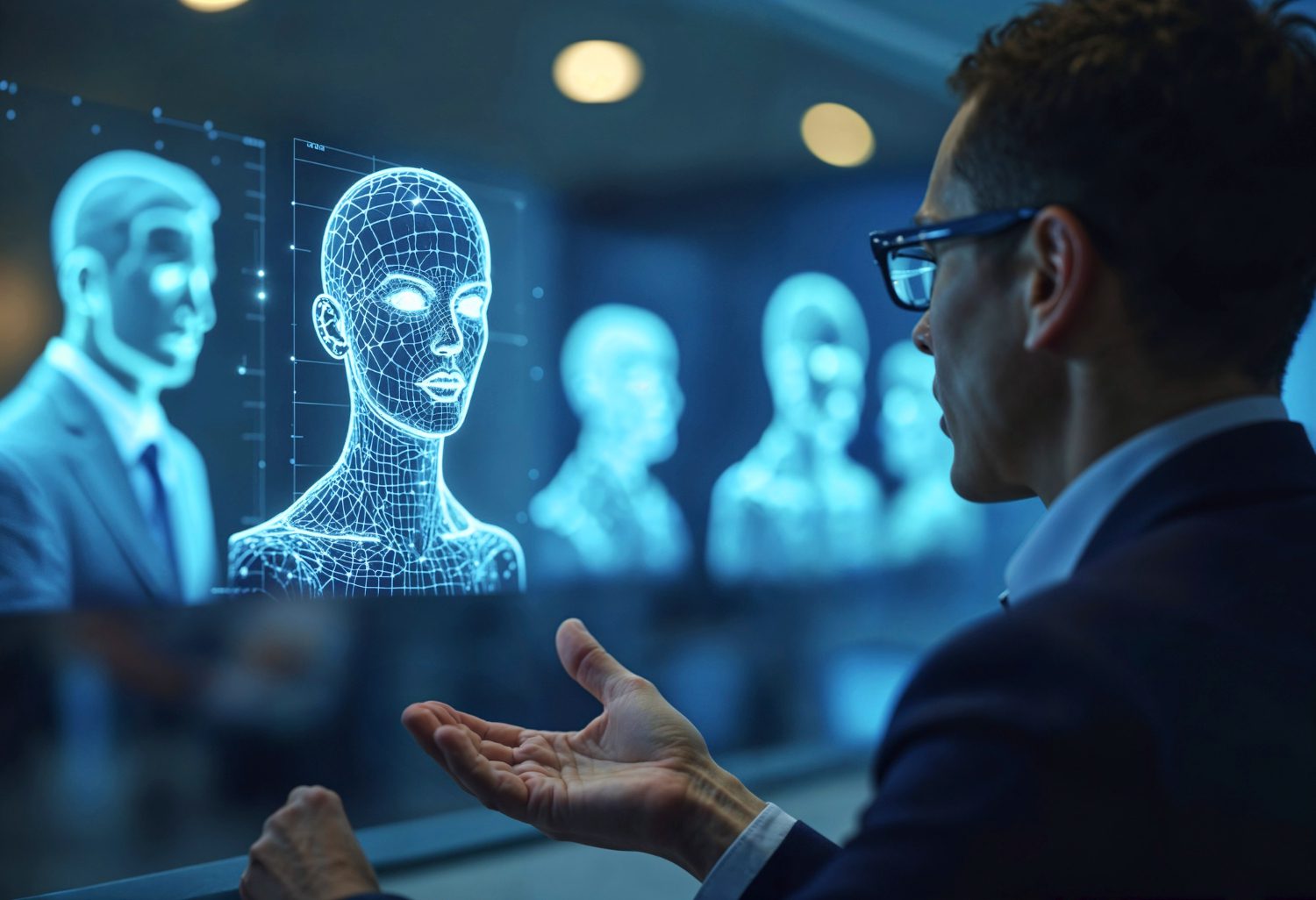Building an Inclusive, AI-Fluent Workforce for a Transforming Region
Artificial Intelligence is transforming industries across Southeast Asia, yet its success still depends on people. While the region’s digital economy is projected to surpass USD 300 billion by 2026, a widening gap remains between technological ambition and workforce readiness.
Enterprises are accelerating investments in automation and generative AI, but many still struggle to find or retain the talent needed to apply these tools effectively. The shortage of applied AI and data specialists, coupled with the rapid pace of change, has turned talent readiness into the next frontier of competitiveness.
Across ASEAN, governments and enterprises alike recognise that sustainable digital transformation depends on human capital, not hardware. Efforts to develop stronger digital skills, expand vocational training, and foster industry-led learning partnerships are helping build the foundations for a more adaptable workforce. Yet, the need now extends beyond technical expertise, it lies in cultivating AI fluency across all business functions.
Every department must learn to work effectively with intelligent systems. Finance teams should understand how AI enhances forecasting and risk management. HR leaders must harness predictive analytics for talent planning. Marketers and communicators can leverage generative tools to improve creativity and engagement. This broader understanding of AI — how it augments, rather than replaces, human potential, is what will define the region’s next phase of growth.
For boards, CIOs, and CHROs, developing an AI-ready workforce is no longer a peripheral initiative; it is a strategic leadership priority. As AI reshapes job roles faster than traditional reskilling cycles can keep up, organisations must be designed for continuous learning and adaptability, enabling employees to evolve alongside technology.
Bridging the skills gap will also require collective action, close collaboration between the public sector, academia, and industry to align training with business demand and foster lifelong learning cultures.
By strengthening regional collaboration and ensuring inclusive access to AI education, ASEAN can build a workforce that is not only digitally capable but AI-fluent, ready to lead, innovate, and compete in the age of intelligent enterprise.
In the end, technology may drive transformation, but it is people who will determine how far it goes.







